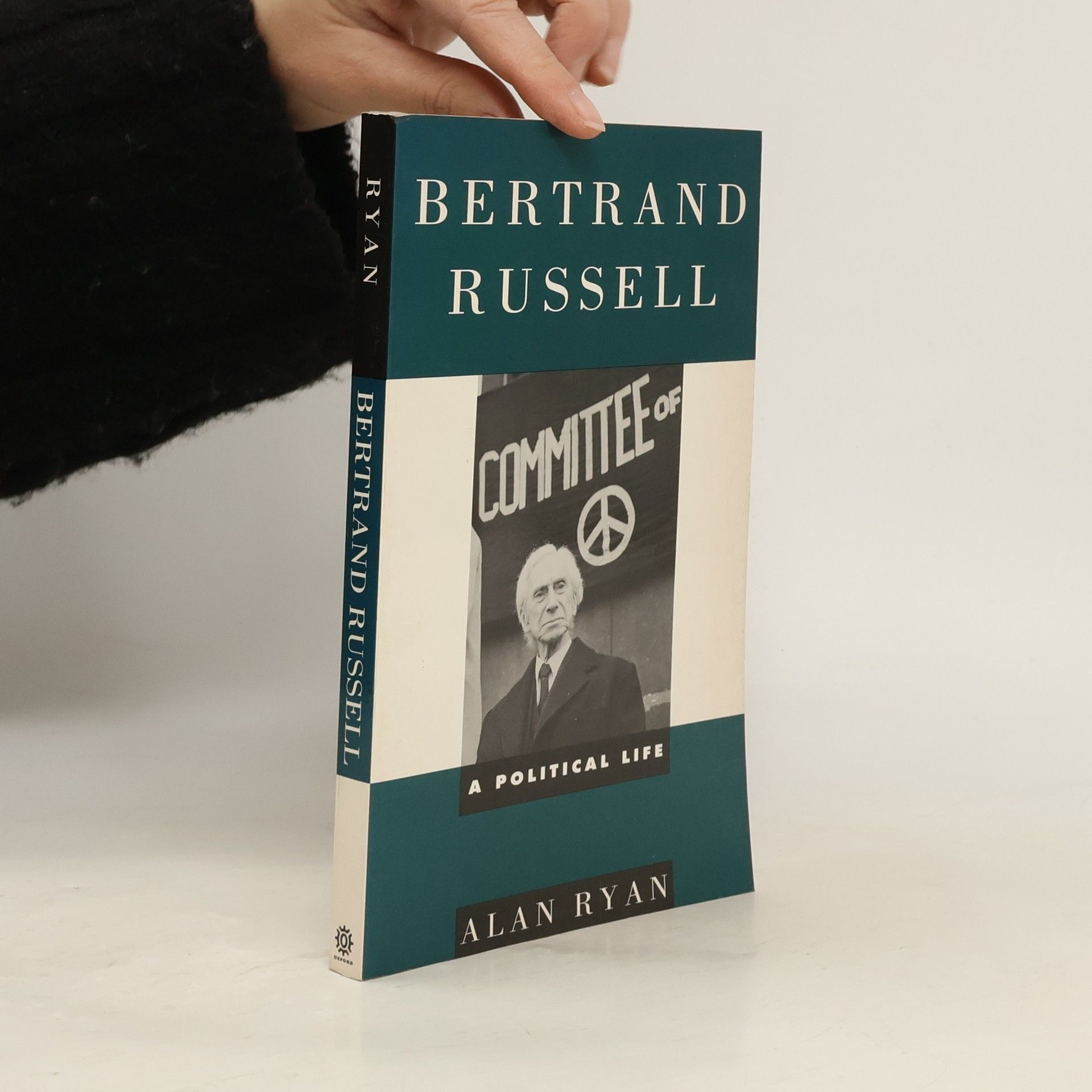Encompassing the whole spectrum of the history and theory of politics from Socrates to Rawls, this is the most comprehensive and scholarly reference work available on the subject. The 350 entries, written by a team of 120 international specialists, are a balanced blend of full-length survey articles and shorter definitions. Key concepts in political thought are defined and analyzed, and ideologies are considered in relation both to historical context and to contemporary politics. All articles are cross-referenced and indexed.
Alan Ryan Livres
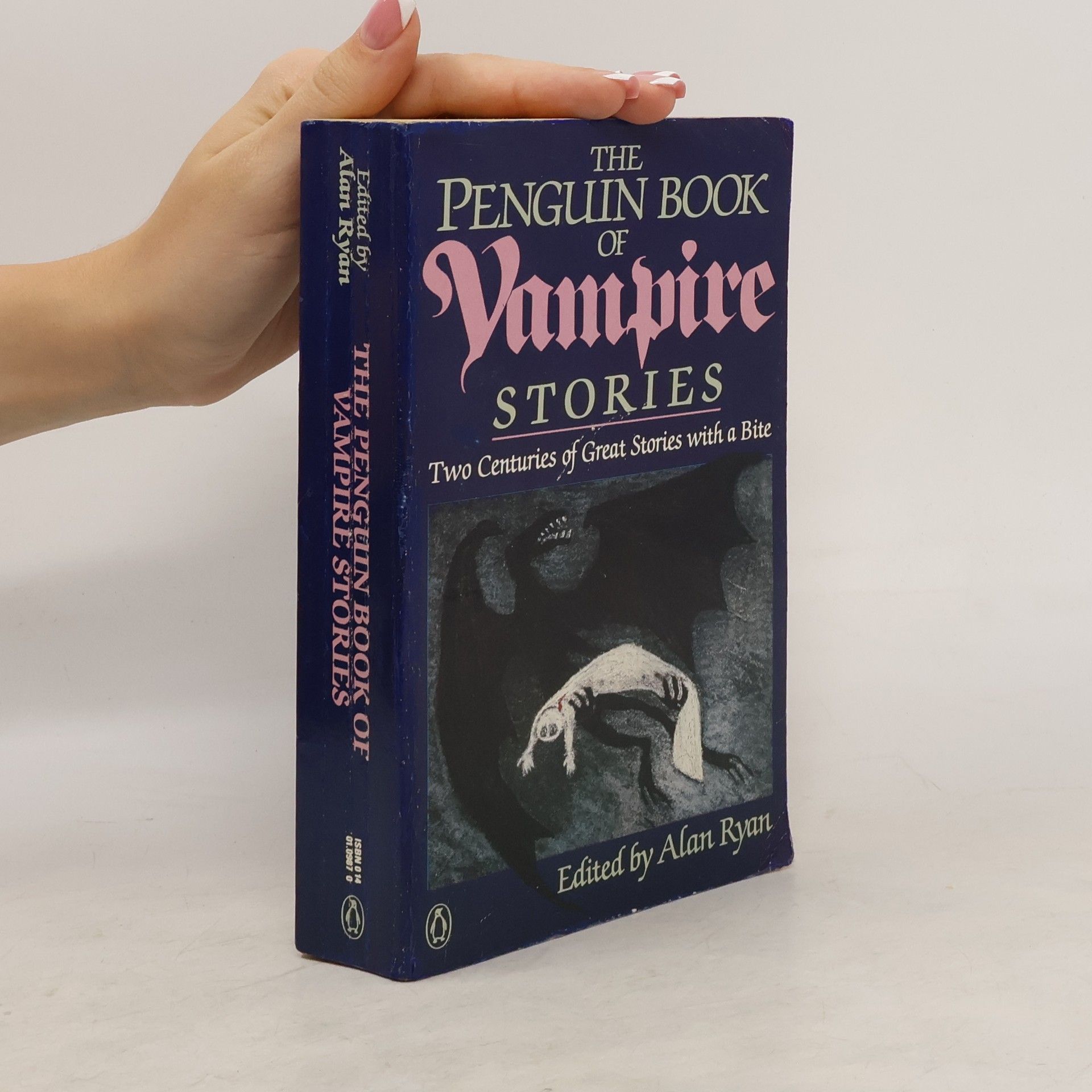
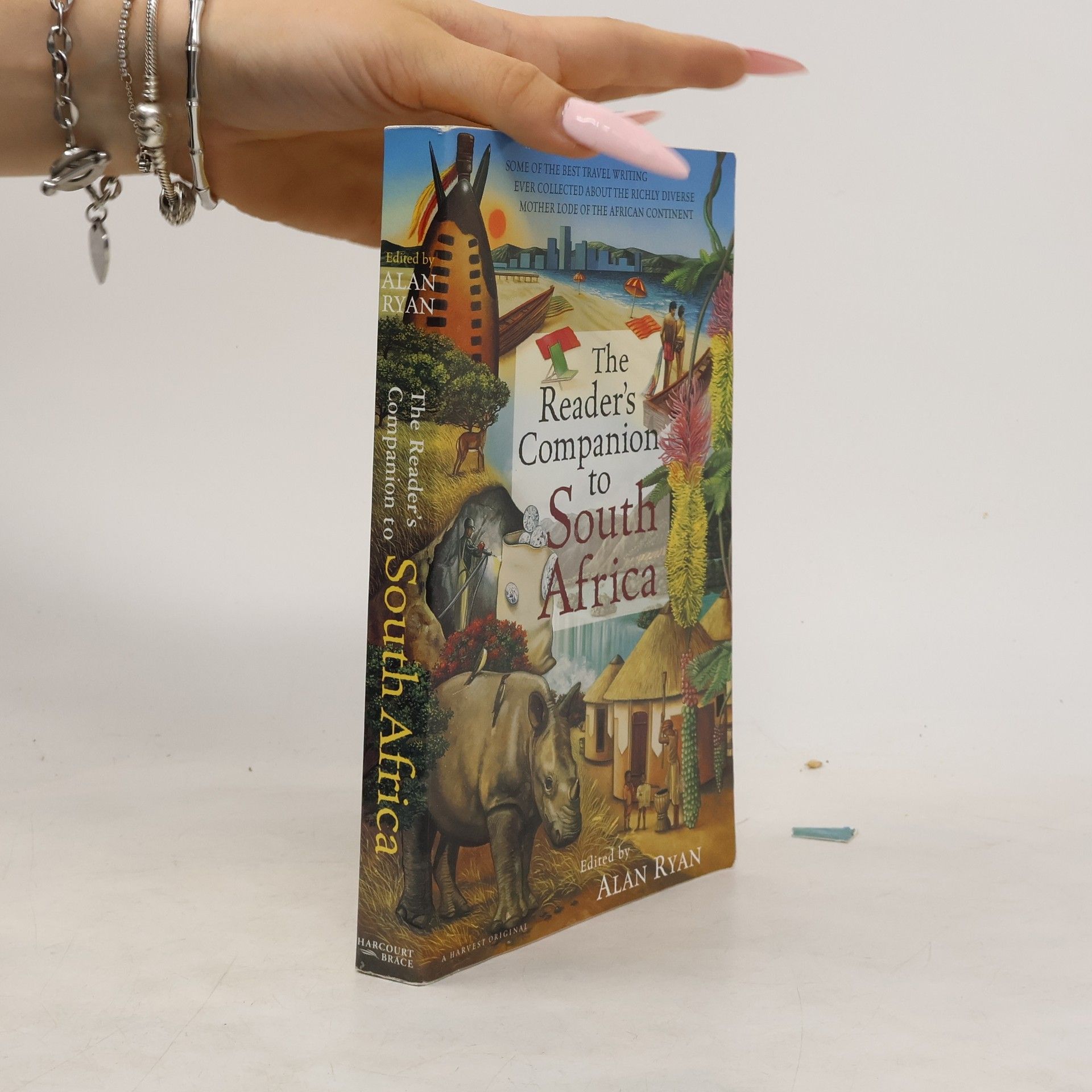


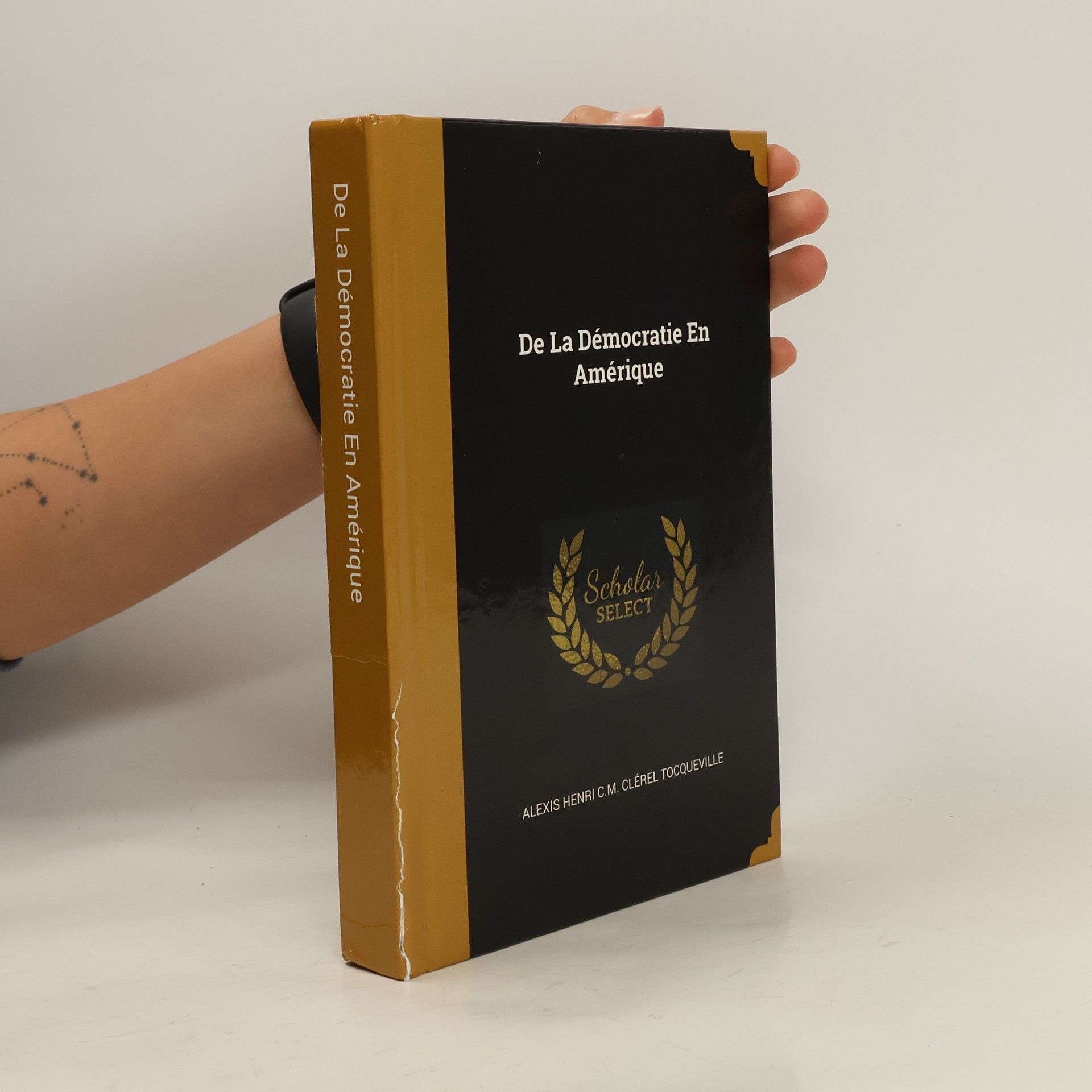
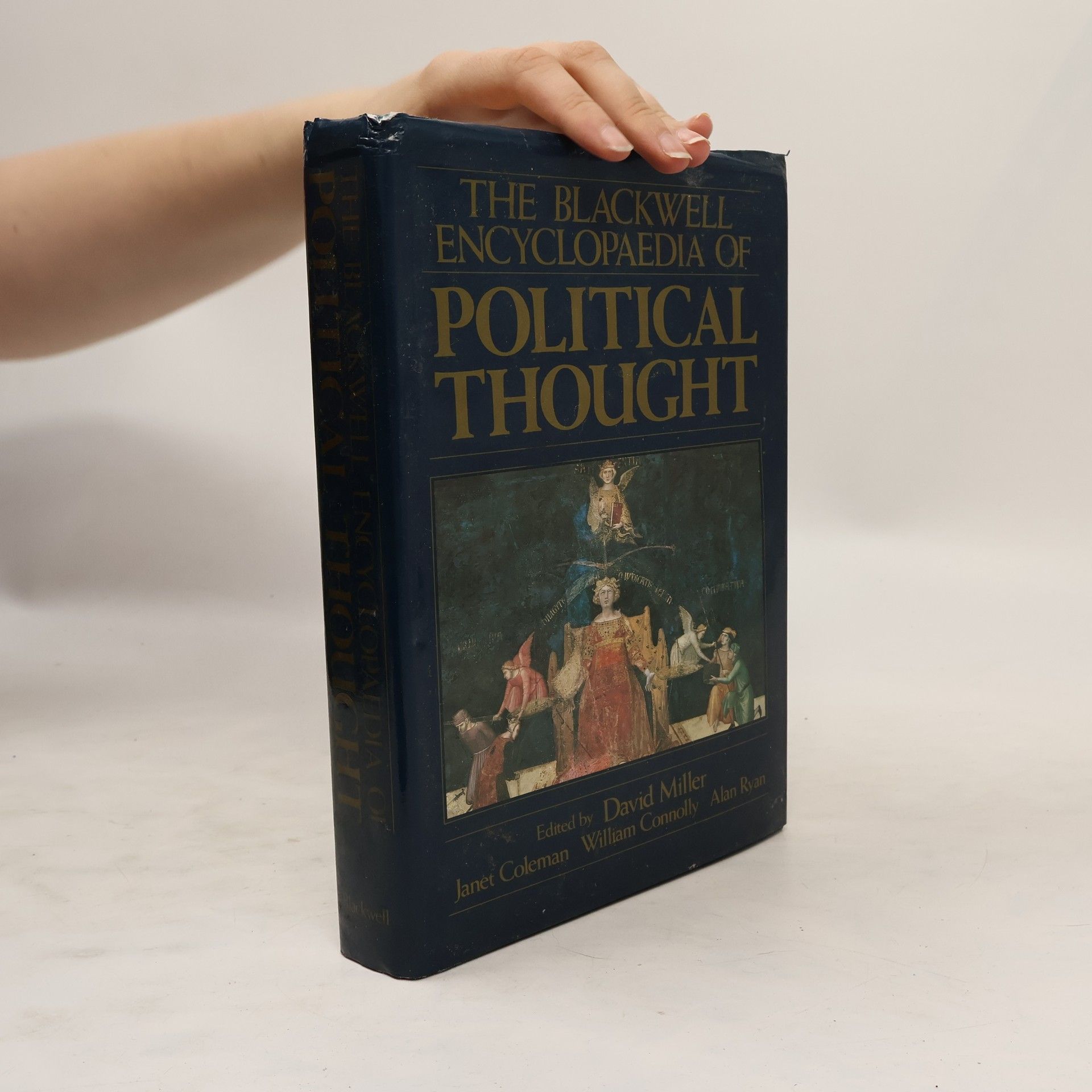
De la Démocratie En Amérique
- 442pages
- 16 heures de lecture
This work has been selected by scholars as being culturally important, and is part of the knowledge base of civilization as we know it. This work was reproduced from the original artifact, and remains as true to the original work as possible. Therefore, you will see the original copyright references, library stamps (as most of these works have been housed in our most important libraries around the world), and other notations in the work. This work is in the public domain in the United States of America, and possibly other nations. Within the United States, you may freely copy and distribute this work, as no entity (individual or corporate) has a copyright on the body of the work. As a reproduction of a historical artifact, this work may contain missing or blurred pages, poor pictures, errant marks, etc. Scholars believe, and we concur, that this work is important enough to be preserved, reproduced, and made generally available to the public. We appreciate your support of the preservation process, and thank you for being an important part of keeping this knowledge alive and relevant.
On Politics
A History of Political Thought from Herodotus to the Present
- 1152pages
- 41 heures de lecture
This comprehensive history of political thought spans from Herodotus to the present, examining how historians, philosophers, theologians, politicians, and revolutionaries have approached the question of self-governance. It explores numerous related inquiries, such as whether we can manage our own affairs and if we should even attempt it. Throughout history, some have believed that only select individuals—like Greeks over Persians or men over women—were fit for self-governance, while others have argued that governance is best left to a competent elite managing a passive populace. The text also questions the modern understanding of 'freedom' and whether it aligns with historical aspirations. While contemporary thought largely endorses democracy, it contrasts sharply with ancient practices and raises doubts about whether our current systems truly reflect democratic ideals. Alan Ryan engages with the great thinkers of the past, presenting their ideas with clarity and relevance, reminding readers that historical perspectives often resonate more profoundly than modern views. In an era where global challenges seem insurmountable, this work serves as an invaluable guide to understanding the enduring complexities of political thought and governance.
On Tocqueville
- 272pages
- 10 heures de lecture
Tocqueville's gifts as an observer and commentator on American life and democracy are brought to vivid life in this splendid volume.
Mark Twain, Jan Morris, P. J. O’Rourke, and Michael Palin are just a few of the contributors to this provocative armchair tour of South Africa, which takes us from Capetown to Soweto, from 1850 to the present. Introduction by the Editor. Map.
The Penguin Book of Vampire Stories
- 621pages
- 22 heures de lecture
Recognized as the Book of the Year at the Irish CAP Awards 2023, this work stands out for its compelling narrative and rich character development. It explores profound themes that resonate with readers, offering a unique perspective on contemporary issues. The author’s masterful storytelling weaves together emotion and insight, making it a must-read for anyone seeking a thought-provoking literary experience.
The Philosophy of John Stuart Mill
- 304pages
- 11 heures de lecture
The Philosophy of John Stuart Mill demonstrates that Mill both saw his views as part of a systematic defense of empiricist epistemology and utilitarian ethics, and was to a large extent successful in offering a coherent and connected defense of this system. At the time Alan Ryan's highly acclaimed study was first published, it was unusual in insisting on the systematic character of Mill's philosophy. Since 1970, however, many writers have contributed to a more systematic understanding of Mill's program for philosophy, ethics and social science, and Alan Ryan's new preface to the second edition assesses the way Mill appears in this new climate of opinion.
The Making of Modern Liberalism is a deep and wide-ranging exploration of the origins and nature of liberalism from the Enlightenment through its triumphs and setbacks in the twentieth century and beyond. The book is the fruit of the more than four decades during which Alan Ryan, one of the world's leading political thinkers, reflected on the past of the liberal tradition--and worried about its future.This is essential reading for anyone interested in political theory or the history of liberalism.-- "Choice"
Bertrand Russell was one of the greatest logicians since Aristotle, and one of the most important philosophers of the past two hundred years. In this thorough examination, Alan Ryan tells the story of Russell's "other life" as social critic, polemical journalist, antiwar activist, sage andgadfly, dissenting from Russell's insistence that there was no connection between his philosophical interests and his political allegiances. Taking readers on an entertaining journey through a career that included two spells in jail, Ryan discusses Russell's most visible campaigns--againsttraditional religion, against the First World War, against nuclear weapons, and against the Vietnam War, as well as his lifelong defence of liberalism in education, politics, and relations between the sexes. Throughout he emphasizes the high spirits, the aristocratic fearlessness, and the wonderfulcombination of wit and intelligence that Russell brought to his political writing and actions. The result is a stimulating reconsideration of one of the great intellectual radicals of our time, a remarkable man who refused to grow old, calm down, and become respectable.

